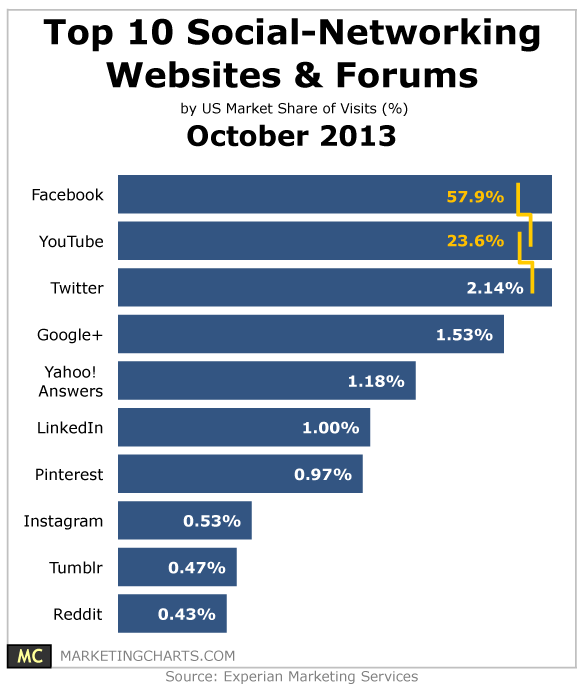Now Hummingbird is Social?
Danny Sullivan and Eric Enge, two SEOs with terrific reputations, have declared Google Hummingbird accounts for social signals.
Read their take here and then come back for my take on what they’re talking about.
If you’ve been following Google’s latest update, you’ve noticed the continual stream of Hummingbird related posts that have come out in the past few weeks. If you’ve had your thinking cap on, you’ve realized there is an awful lot of bad information coming out of our industry these days.
Can Google incorporate social signals with Hummingbird?
Is it even possible?
If you mean Google+ the answer is YES.
If you mean Twitter, Facebook, and most of the rest then the answer is NO.
Google has everything they need to use G+ data. But there are 2 big issues with social data as a ranking factor that have to do with the adoption of social buttons by websites. The first is some sites never implement social buttons. So those sites wouldn’t rank well if social, the way Google can account for it, was a ranking factor. Google knows it’s not fair to decrease the rank of a local plumber just because he doesn’t have social buttons. The entire SERP would be turned on it’s head if social data was incorporated as a ranking factor right away.
What’s the other issue? Google CAN’T get the like, share, and tweet data from Facebook and Twitter, as we covered in detail in a post back in June.
OK. Social is bad as a strong signal, but it could be good as a weak signal or a ‘trust’ signal?
Maybe, but there is another problem.

Google + is the 3rd biggest social network (sort of). Google is good at coaxing users of their other products into creating G+ profiles. But most of these people are not actively engaged with G+.
G+ is not a good network to use as a representative sample of what web users want. There is a narrow demographic of users on G+. A much, much broader demographic uses Google Search.
If Google implements an algorithm using +1’s, or any other G+ metric, it would do more harm than good. Google wouldn’t tolerate decreased quality of their search results just to promote G+.
How do we know?
Check out their 8 minute discussion about how to handle automatic spelling corrections on queries longer than 10 words:
After watching this video, you’ll know Google measures the quality of their algorithm updates very, very closely. In the case of spelling corrections for long queries, a successful algorithm update that tested well was discarded because an even better solution was potentially available.
What does this have to do with Hummingbird?
Danny and Eric make some pretty extreme logical jumps in their video where they discuss the inclusion of social signals into Google’s algorithm:
Eric does the same thing in his post.
I don’t see how they make a connection between Hummingbird and social data. They also don’t acknowledge any of the above issues inherent to Google using social signals as a ranking factor.
What’s the final word on this? Two things.
Social signals do not effect Google Search.
Google won’t use social data for the foreseeable future as a major organic ranking factor.
Do you buy into Hummingbird expanding the impact of social data? Tell me more, comments are below.
Chase
Recent Posts
Recent Comments
- Shannon Thammasiene on How to Create a Successful Blog
- Sarah on How to Create a Successful Blog
- How to Create a Successful Blog on 5 Free Keyword Research Tools that will Rock your Socks
- Olivier Hamphrey on This Week In Social Media
- Richard Dickerson on Use Email to Sell without Selling


